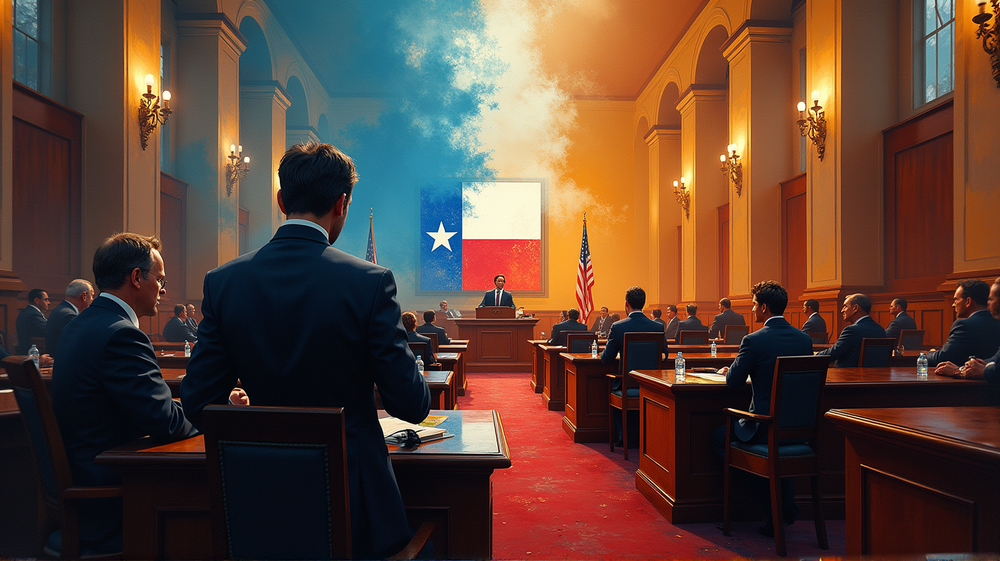Texas Bill Prohibiting Minors from Social Media Clears Major Hurdle
In a bold move to regulate digital dynamics among the youth, the Texas House passed a bill that seeks to restrict social media access for individuals under the age of 18. This legislation is now on its way to the Senate, sparking significant debate around its implications and constitutionality. As stated in FOX 26 Houston, this measure stands as a pivotal point in the ongoing conversation about adolescents and their online interactions.
The Legislative Leap
On the afternoon of May 1, 2025, the Texas House approved the contentious bill, which has been a topic of vigorous discussion and divergent opinions. The bill, described by its proponents as a necessary step to safeguard young minds from potential online harm, has gained both fervent support and stark opposition.
Divergent Perspectives
Proponents argue the bill addresses growing concerns over mental health issues linked with excessive social media use among teenagers. They cite studies suggesting potential links between social media engagement and anxiety, depression, and other psychological issues in minors.
Critics, however, raise eyebrows over the bill’s implications for freedom of expression and its practical enforceability. They question whether imposing such a ban infringes on individual rights and if the state can effectively monitor and restrict minors’ online activities.
The Path Forward
With the Texas House’s passage, the bill now sits with the Senate, where further deliberations are expected. This development has prompted an array of reactions from educators, parents, and advocacy groups nationwide. Supporters hope this bill could set a precedent for similar measures across the country, ensuring a safer digital environment for the young generation.
Broader Implications
Should the bill become law, it may lead to a comprehensive review and possibly ignite a nationwide dialogue about youth interactions in digital spaces. The conversation now hinges on balancing safety with freedoms, a delicate dance that legislators must navigate with caution and foresight.
As the discourse continues, many Texans remain attentive to the unfolding of this legislative journey and its impact on the landscape of digital communication for the youth. Could this initiative review the intersection of legislation and digital culture among minors? Only time will reveal its larger societal implications.




